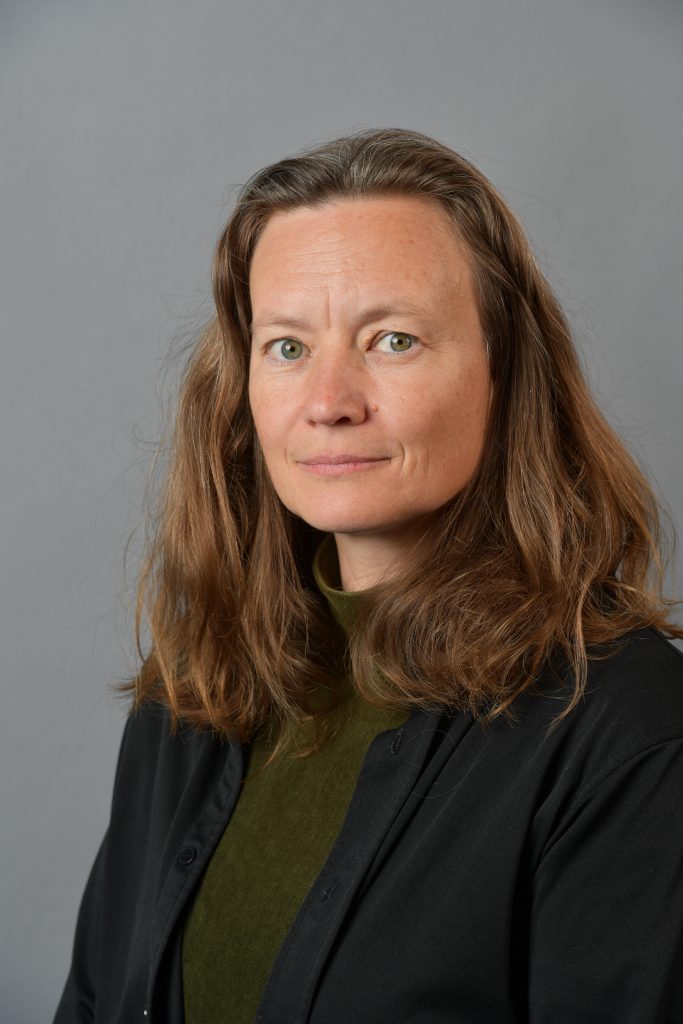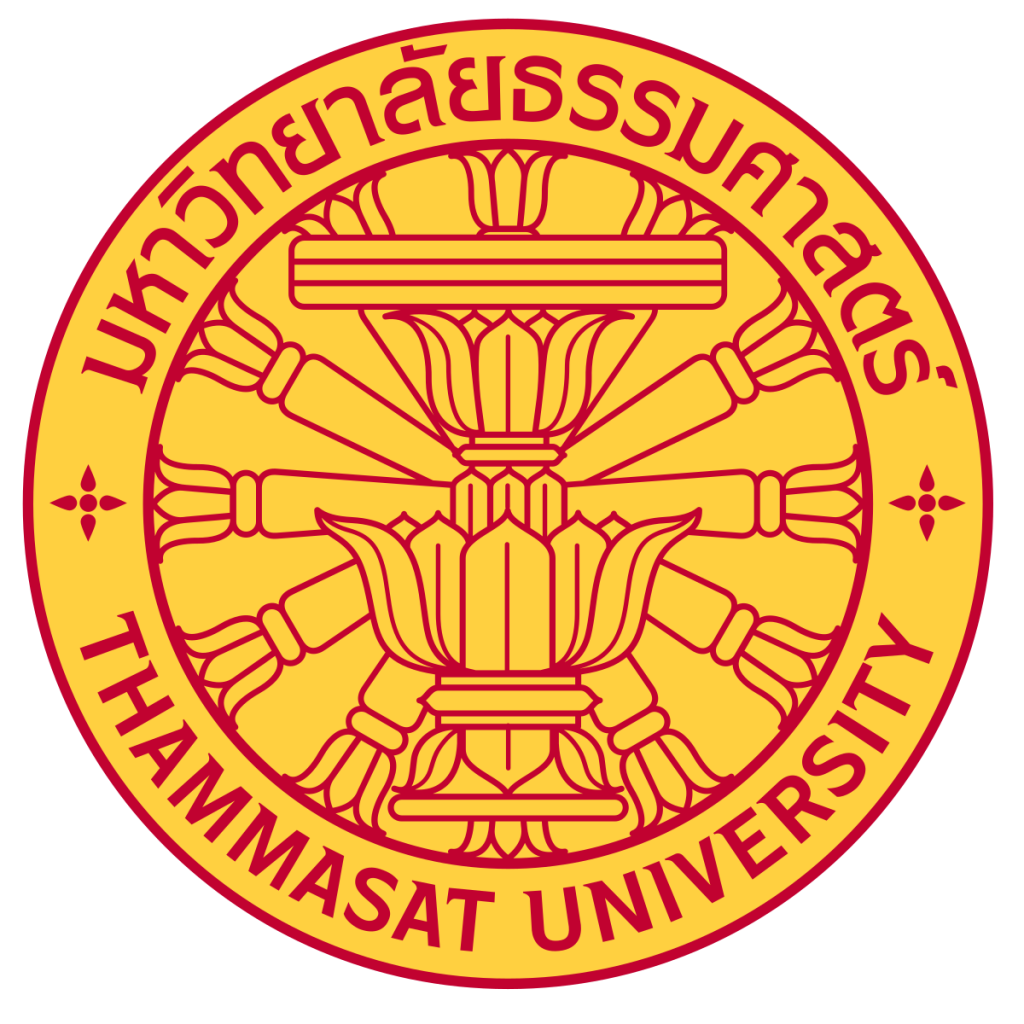 Anita Bandrowski, a neuroscientist at the University of California, San Diego, works on tools to improve the transparency and reproducibility of scientific methods. (Her work on Research Resource Identifiers, or RRIDs, has been previously featured on Retraction Watch.) This week, Bandrowski and colleagues — including Amanda Capes-Davis, who chairs the International Cell Line Authentication Committee — published a paper in eLife that seeks to determine whether these tools are actually influencing the behavior of scientists, in this case by reducing the number of potentially erroneous cell lines used in published studies.
Anita Bandrowski, a neuroscientist at the University of California, San Diego, works on tools to improve the transparency and reproducibility of scientific methods. (Her work on Research Resource Identifiers, or RRIDs, has been previously featured on Retraction Watch.) This week, Bandrowski and colleagues — including Amanda Capes-Davis, who chairs the International Cell Line Authentication Committee — published a paper in eLife that seeks to determine whether these tools are actually influencing the behavior of scientists, in this case by reducing the number of potentially erroneous cell lines used in published studies.
Such issues may affect thousands of papers. Among more than 300,000 cell line names in more than 150,000 articles, Bandrowski and her colleagues “estimate that 8.6% of these cell lines were on the list of problematic cell lines, whereas only 3.3% of the cell lines in the 634 papers that included RRIDs were on the problematic list,” suggesting “that the use of RRIDs is associated with a lower reported use of problematic cell lines.”
Retraction Watch spoke with Bandrowski about the role of these tools in the larger movement to improve transparency and reproducibility in science, and whether meta-scientific text-mining approaches will gain traction in the research community.
Retraction Watch (RW): Your study presents RRID as a behavioral “nudge,” beyond its primary goal of standardizing method reporting. What other nudges can you envision to prevent misuse of cell lines in scientific research? Continue reading Can a “nudge” stop researchers from using the wrong cell lines?
 Before we present this week’s Weekend Reads, a question: Do you enjoy our weekly roundup? If so, we could really use your help. Would you consider a tax-deductible donation to support Weekend Reads, and our daily work? Thanks in advance.
Before we present this week’s Weekend Reads, a question: Do you enjoy our weekly roundup? If so, we could really use your help. Would you consider a tax-deductible donation to support Weekend Reads, and our daily work? Thanks in advance.





